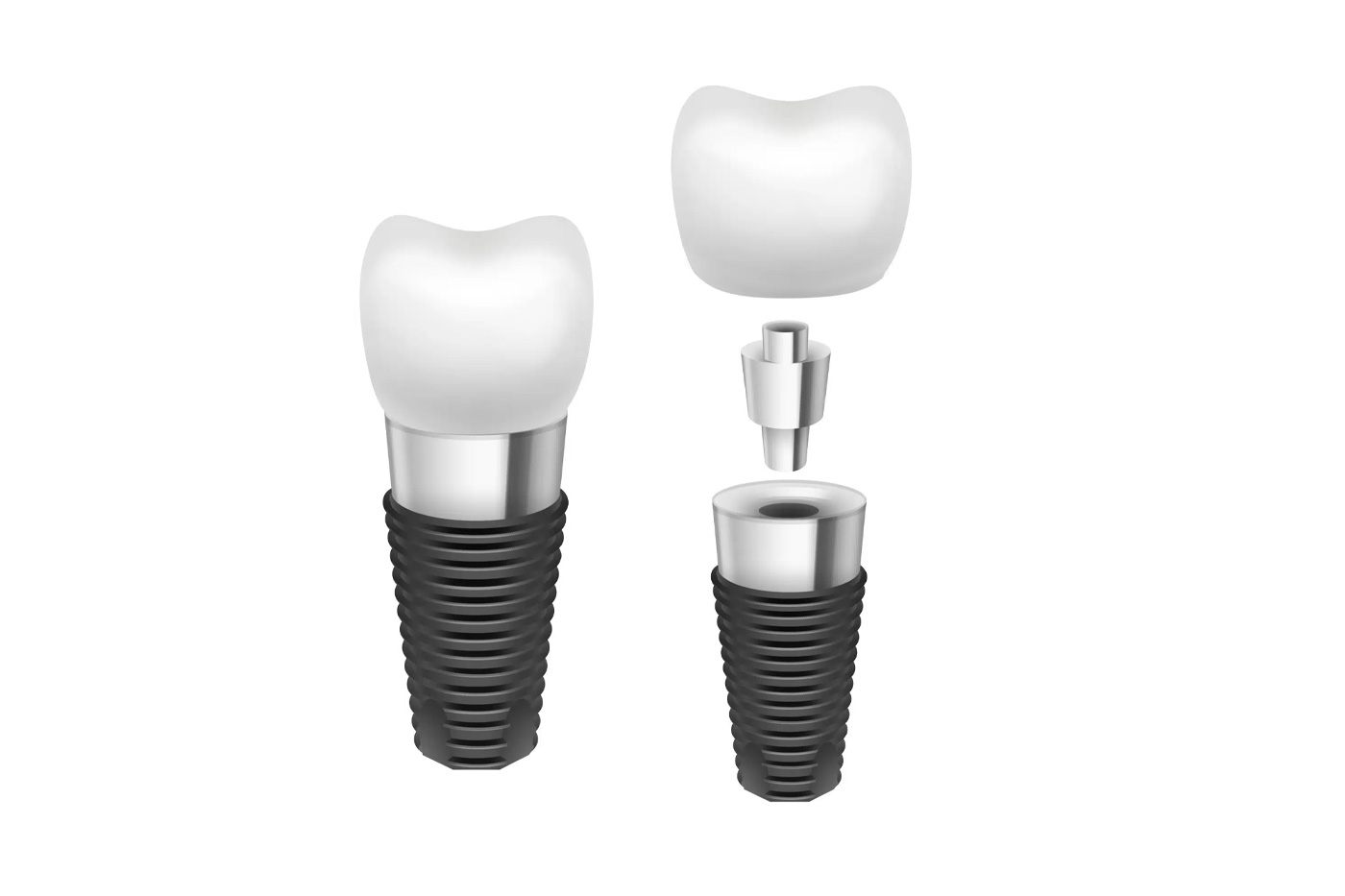
Dental implants can last a long time, but their longevity depends on several factors, including the patient’s oral health, the implant’s quality, and the dental professional’s skills in performing the procedure.
Dental implants are designed to be a long-lasting solution for missing teeth; with proper care, they can last a lifetime. However, it’s important to note that the lifespan of dental implants can vary from person to person.
Some studies have shown that dental implants have success rates of over 95% at 10 years and around 90% at 20 years. However, these statistics are based on a variety of factors and individual circumstances.
Here are some factors that can affect the lifespan of dental implants:
- Oral hygiene: Good oral hygiene practices, including regular brushing, flossing, and dental check-ups, are essential for the long-term success of dental implants. Proper oral care helps prevent gum disease and peri-implantitis, which can lead to implant failure.
- Bone density and quality: The thickness and quality of the bone in the jaw where the implant is placed can affect the stability and longevity of the implant. Sufficient bone support is necessary for successful osseointegration, the process in which the implant fuses with the surrounding bone.
- Overall health: Certain systemic conditions, such as uncontrolled diabetes, immune disorders, and smoking, can negatively impact the success of dental implants. It’s essential to have a thorough evaluation of your overall health before undergoing implant surgery.
- Bite forces and habits: Excessive grinding or clenching of the teeth (bruxism) can put excessive stress on dental implants, potentially leading to implant failure. Using a nightguard or other protective measures can help mitigate these forces.
- Maintenance and follow-up care: Regular dental check-ups and professional cleanings are crucial to monitor the health of your dental implants and identify any issues early on. Your dentist may also recommend periodic X-rays to assess the implant’s condition and surrounding structures.
